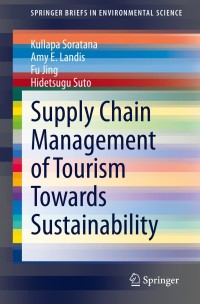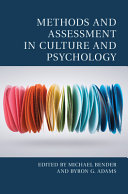Buy Supply Chain Management of Tourism Towards Sustainability PDF ebook by author Kullapa Soratana; Amy E. Landis; Fu Jing; Hidetsugu Suto – published by Springer in 2021 and save up to 80% compared to the print version of this textbook. With PDF version of this textbook, not only save you money, you can also highlight, add text, underline add post-it notes, bookmarks to pages, instantly search for the major terms or chapter titles, etc.
You can search our site for other versions of the Supply Chain Management of Tourism Towards Sustainability PDF ebook. You can also search for others PDF ebooks from publisher Springer, as well as from your favorite authors. We have thousands of online textbooks and course materials (mostly in PDF) that you can download immediately after purchase.
Note: e-textBooks do not come with access codes, CDs/DVDs, workbooks, and other supplemental items.
eBook Details:
Full title: Supply Chain Management of Tourism Towards Sustainability
Edition:
Copyright year: 2021
Publisher: Springer
Author: Kullapa Soratana; Amy E. Landis; Fu Jing; Hidetsugu Suto
ISBN: 9783030582241, 9783030602123
Format: PDF
Description of Supply Chain Management of Tourism Towards Sustainability:
This book discusses applied life cycle and supply chain management approaches for the sustainable development of tourism in Asian countries. The book describes the current state of the tourism industry in Asia from a perspective of sustainability, and analyzes the trade-offs between the three pillars of sustainability (environment, society, economy) as they pertain to the implementation of sustainable tourism. In 5 chapters, this book offers guidance for students, researchers and corporations interested in applying sustainability in tourism related activities. Chapter 1 introduces readers to the life cycle and supply chain approaches to driving sustainable development in tourism, and discusses the need for these strategies in the face of current issues with the tourism industry in Asia. Chapter 2 provides more details on the role of life cycle approaches in the sustainable development of tourism, including proper practices and implications. Chapter 3 presents how knowledge and best practices among stakeholders in the tourism sector can be shared. Chapter 4 discusses how promoting sustainable tourism can improve tourists’ experience, and chapter 5 concludes the book by addressing how life cycle and supply chain approaches can be used together for tourism enterprises.





